Suicide prevention for journalism students, journalists, and media professionals
This course covers basic and intermediate-level knowledge of suicide prevention in the media.
This course covers basic and intermediate-level knowledge of suicide prevention in the media.
![]()
![]()

The course:
Suicide prevention for journalism students, journalists, and media professionals
was created as part of the ELLIPSE (E-LIFELONG LEARNING IN PREVENTION OF SUICIDE IN EUROPE) research project. Project co-financed under the European Union program "Erasmus +" (Project No: 2019-1-SE01-KA203-060571).
The course covers basic and intermediate-level knowledge of suicide prevention in the media. It is intended for students of journalism, journalists, and all media professionals, including electronic media.
Attention is focused on the transfer of knowledge and skills on how to properly convey information on topics related to suicides, so as not to increase their number. An important part of the course is also developing the ability to react to dangerous self-destructive behaviour displayed in electronic media, especially social networking sites, as well as in everyday life.
The course also covers a wide spectrum of issues related to psychology (including depression problems, an online meeting with a psychiatrist is planned), culture, religion and art, and the basics of legal knowledge about suicide.
Course duration: 15 weeks. It includes 10 lessons, but 2 of them are carried out over 3 weeks, and one lesson over two weeks.
Basic knowledge about the media, both traditional and electronic, and the principles of preparing journalistic materials.
Knowledge of English at the B1 level (the course is in Polish, but for practical reasons, some media material are provided in the original language, and the same applies to references to world literature and cinematography).
The participant of the course will learn to:
In addition to practical skills, the participant of the course will gain knowledge about cultural and historical factors of suicides, even related to art, religion, etc., and will learn about the principles of prevention used in many countries at different times. He or she will also learn about the results of the latest scientific research on these issues and the organization of institutional assistance in the field of suicide prevention.
The condition for completing the course is to obtain 60% of points from the exercises ("Test your knowledge") in the course. Note: the introductory exercises are not scored (they are intended to arouse interest in the topic and to introduce you to it).
Each participant who completes the course and accumulates at least 60% of the points will receive an (electronic) confirmation document. The certificate is generated automatically at the end of the course.
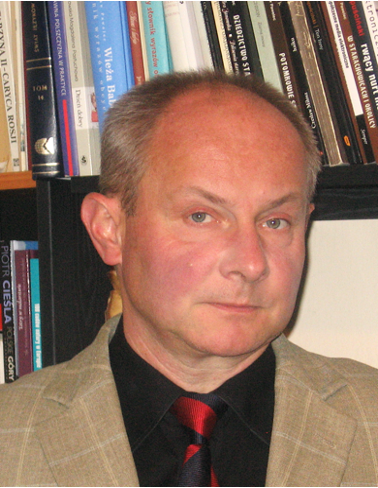 Radoslaw Pawelec
Radoslaw Pawelec
Professor, University of Warsaw
Linguist and media expert. Author of studies on suicides and their prevention in language; practices in the implementation of programs in this field for journalists.
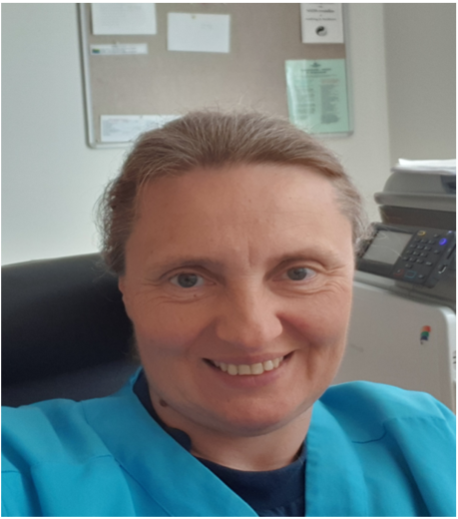 Anna Baran
Anna Baran
Psychiatrist. Suicidologist. Affiliated researcher at the Linnaeus University, Kalmar-Växjö, Sweden
Co-author of three handbooks in suicide prevention: for media professionals, for people that are interviewed in media and for the moderators and administrators of the internet networks. Author of numerous studies on suicide prevention as well as guides and practices in the field of suicide prevention. International E-LLIPSE educational grant coordinator (2019-2022).
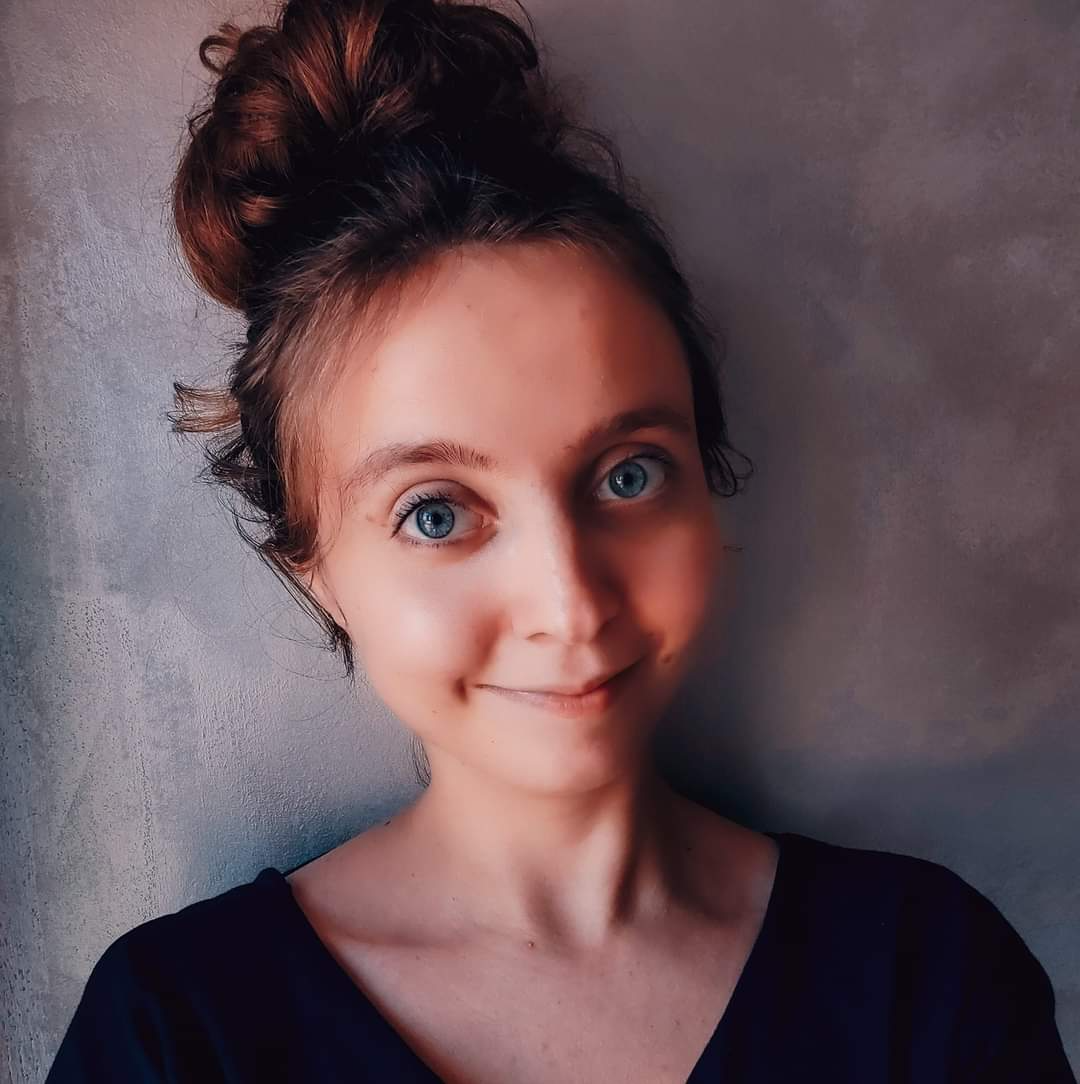 Paulina Janocha
Paulina Janocha
Media expert, University of Warsaw
Traditional and social media expert. The promoter of knowledge about mental health in the sports environment and partner of the E-LLIPSE program.

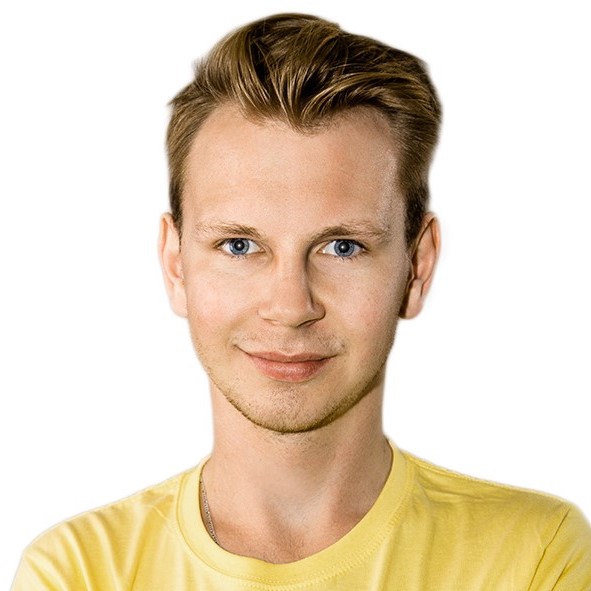 Łukasz Krawczyński
Łukasz Krawczyński
Researcher, University of Warsaw
Media researcher, mental health is a major research interest; a member of the E-LLIPSE project team at the University of Warsaw.

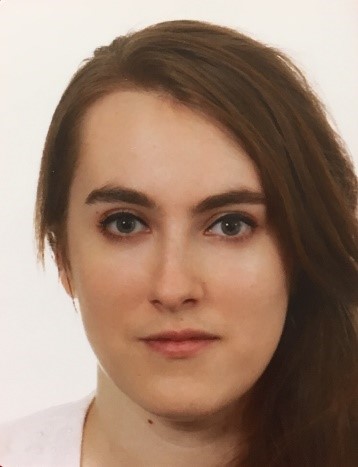 Anita Kwiatkowska
Anita Kwiatkowska
Media analyst, University of Warsaw
Media analyst and educator. Design and implementation of Focus Groups Interviews in the Polish part of the E-LLIPSE project. A member of the E-LLIPSE project team at the University of Warsaw.

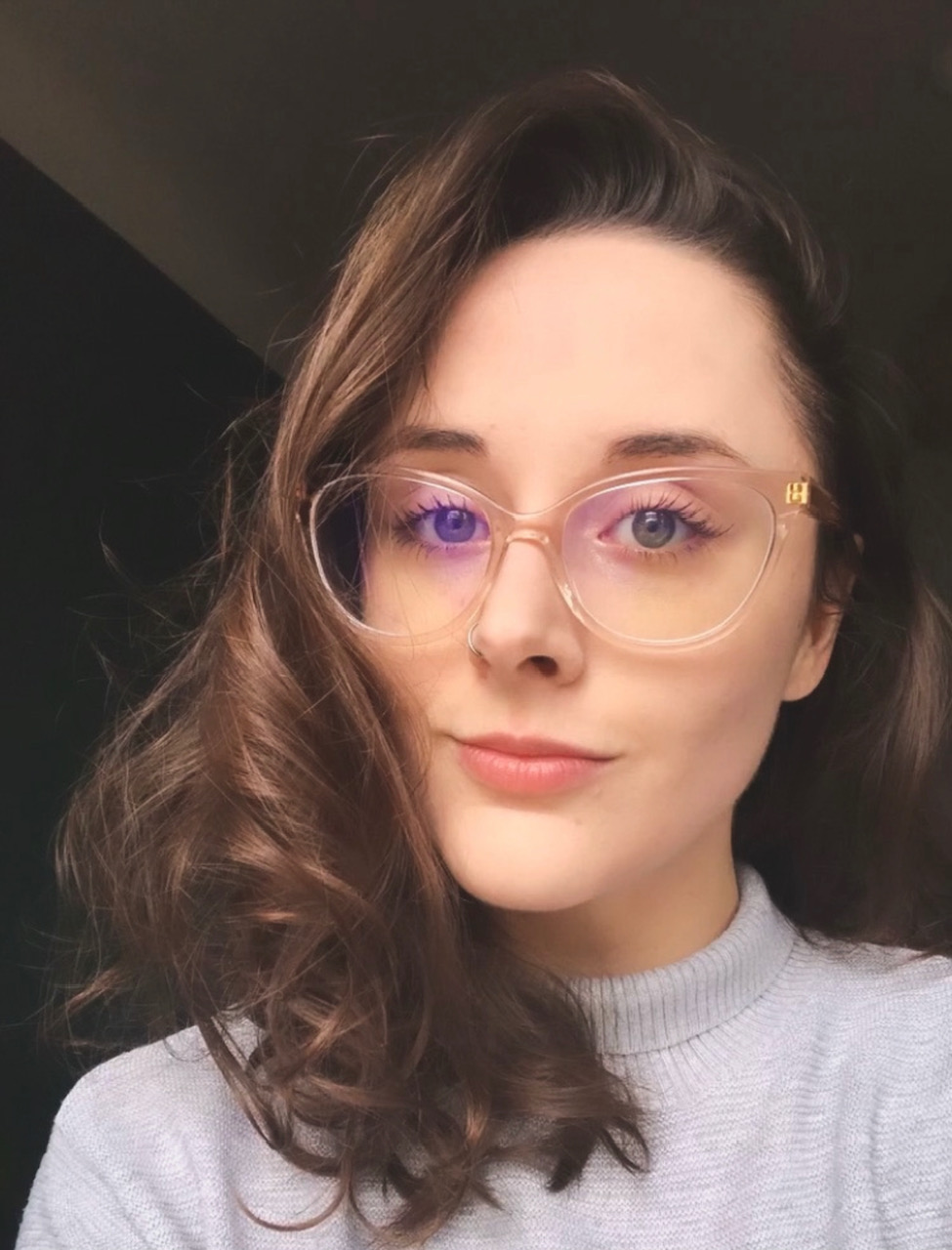 Aneta Nowosinska
Aneta Nowosinska
Journalist, University of Warsaw
Journalist, and promoter of knowledge about mental health and suicide prevention in the media environment. A member of the E-LLIPSE project team at the University of Warsaw.
 Marta Makara-Studzinska
Marta Makara-Studzinska
Professor at the Jagiellonian University Collegium Medicum, Poland
Head of the Department of Health Psychology at the Faculty of Health Sciences. Clinical psychologist, public health specialist, psychotherapist, and psychotherapy supervisor. Expert in the Working Group on prevention of suicide and depression at the Public Health Council at the Ministry of Health. Interests: sailing, basketball.
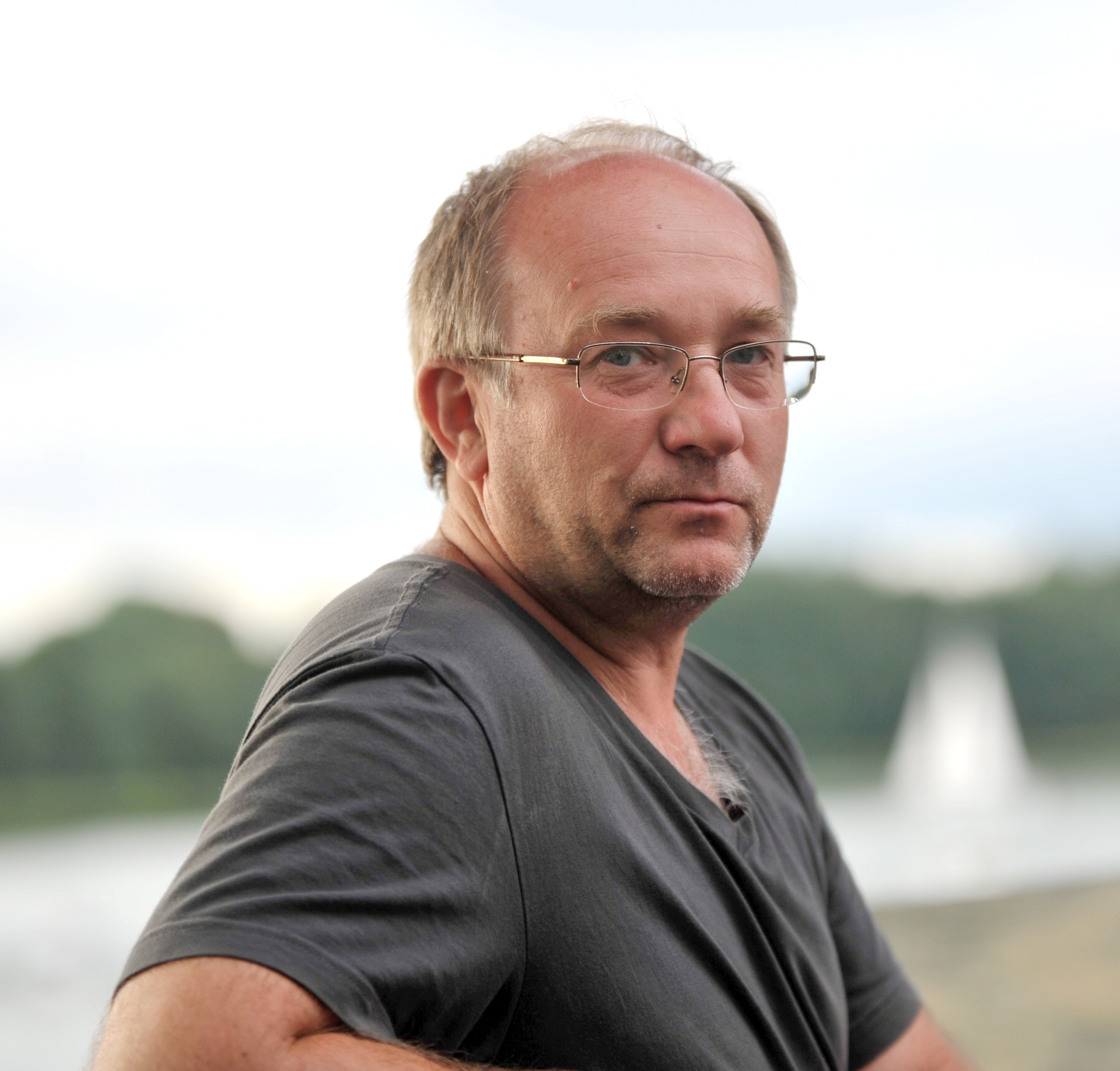 Maciej Załuski
Maciej Załuski
Senior lecturer at the Jagiellonian University Collegium Medicum, Poland
Clinical psychologist, psychotherapist, and academic teacher. He graduated from the Institute of Psychology of the Jagiellonian University, where he obtained a doctoral degree in humanities. A specialist in rescue in the field of disaster medicine. He conducts individual and marital psychotherapy, post-traumatic psychotherapy, psychotherapy of personality disorders, and crisis intervention.
--------
Disclaimer: The support of the European Commission for this project does not constitute an endorsement of the content, which reflects only the views of the authors, and the Commission is not responsible for any use that may be made of the information contained herein.